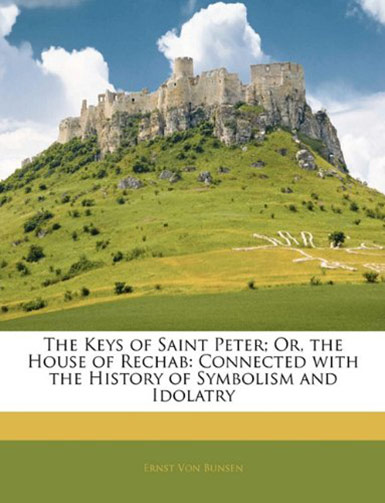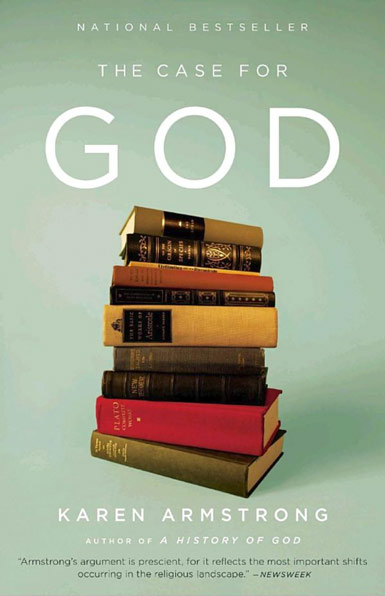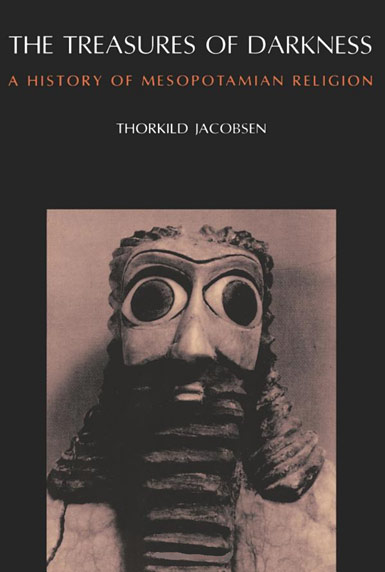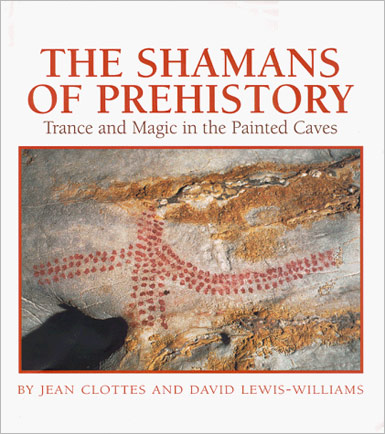The Keys of Saint Peter; Or, the House of Rechab: Connected with the History of Symbolism and Idolatry
by Ernst de Bunsen
This is a reproduction of a book published before 1923. This book may have occasional imperfections such as missing or blurred pages, poor pictures, errant marks, etc. that were either part of the original artifact, or were introduced by the scanning process. We believe this work is culturally important, and despite the imperfections, have elected to bring it back into print as part of our continuing commitment to the preservation of printed works worldwide. We appreciate your understanding of the imperfections in the preservation process, and hope you enjoy this valuable book.
Description
Excerpt:
A mysterious silence rules over the period of nearly five hundred years, which separates the events chronicled in the Old Testament from those that are recorded in the New Testament. Yet the New and the Old hang together. There are Scriptures, which refer to these times, and they form part of the Greek version of the Hebrew Canon, of the Septuagint, which was published during the three last centuries of the pre-Christian era.
That Alexandrian collection of holy writ was pre-eminently, if not exclusively, the Canon of the Apostles, and of their Divine Master. Those Scriptures which were excluded from the Hebrew Canon, for reasons hitherto not generally known, form not a supplement, but the very centre of the Greek Canon, and they explain, why the Septuagint is a freely handled version, and not a literal translation of the Hebrew Canon.
These Scriptures were called Apocrypha, because they referred to what had, in earlier times, been hidden.





